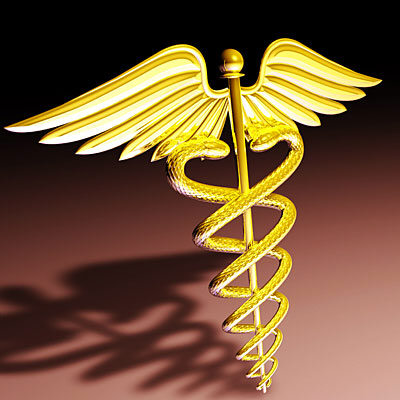
Have you ever thought, "Could it be my thyroid?" If you're always cold or tired, you can't lose weight, you have brittle hair and fingernails, or you have other unexplained health issues, the answer may be "Yes."
Untreated, a thyroid disease can make you feel lousy. It can also increase your odds of having high cholesterol, developing atherosclerosis, and having a heart attack.
Fortunately, new tests are making it possible to give you a precise account of how well your thyroid gland is functioning and help determine the cause of the problem. Then, for many forms of thyroid disease, treatment is usually a matter of taking the correct amount of medication. You can go on with your life with your disease in check.
But what are the risk factors for thyroid disease? The symptoms? The treatments? You'll find out in this new Special Health Report. It explains the mechanics of the thyroid and the disorders that can trigger a thyroid condition. Most important, it gives you the information you need to work with your doctor to quickly and effectively detect thyroid disease and to optimize a treatment plan that will work best for you.
The report will explain how thyroid hormone controls your body's metabolism and what occurs when your thyroid produces too little thyroid hormone (called hypothyroidism) or too much (called hyperthyroidism.) You will learn about medications that can cause temporary hypothyroidism; about Graves' disease, the most common cause of hyperthyroidism; and the role of nodules and goiters in thyroid disease for older adults.
You will find out why thyroid disease becomes more common among older people, but also gets harder to diagnose. You will learn what tests you must get if you suspect a thyroid imbalance, the role your family history plays in thyroid disease, and the decisions you-and your doctor--must make if you are diagnosed with "borderline" hyperthyroidism or hypothyroidism.
There's no need to wonder. Or to worry. Learn the facts about thyroid disease, its diagnosis, and its treatment. Most of all, understand the latest advances in diagnosing and treating thyroid disease and use that knowledge to take active steps for your health.